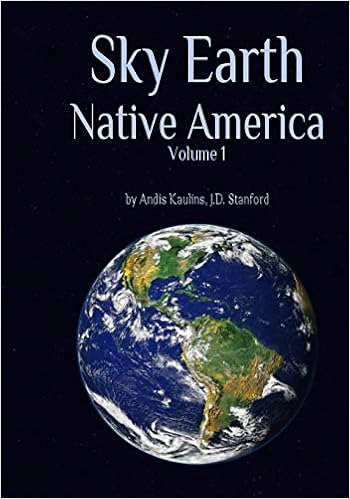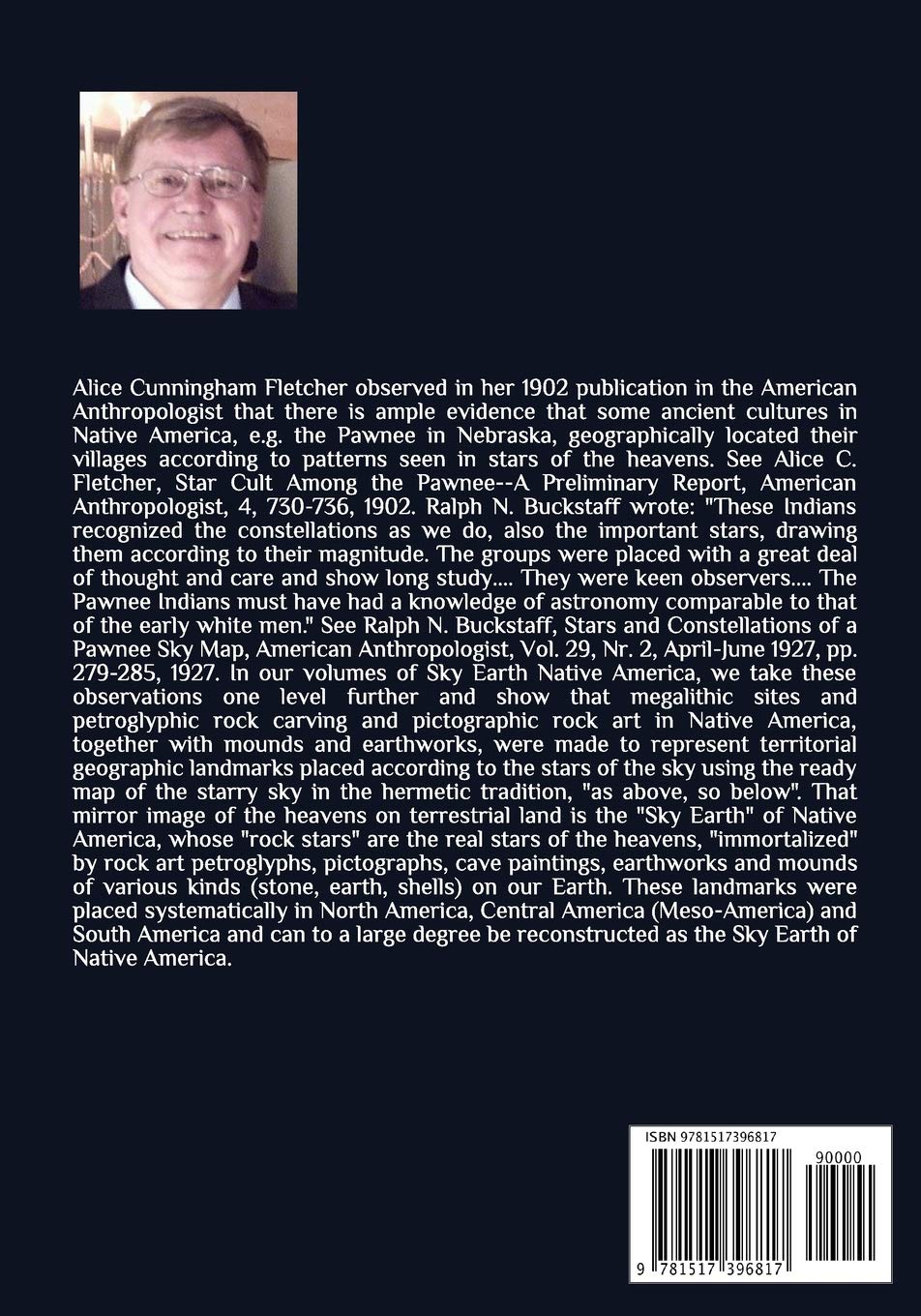By tradition, William Shakespeare's date of birth is set at April 23, 1564, in Henley Street, Stratford-upon-Avon, England, three days prior to his baptism on April 26, 1564, As written at the Wikipedia:
Hence, as stated at English Parish Registers, Queen Elizabeth I decreed in 1597:
Shakespeare's day of birth and death are both set traditionally at April 23. April 23 is St. George's Day, a Christian martyr and the patron saint of England. As written at the Wikipedia at Saint George's Day:
As previously noted, the likely author of the above-mentioned play, Henry V, was surely Christopher Marlowe:
How would an uneducated William Shakespeare of Stratford ever have known about such distant things in France in such detail?
But an educated Anthony Munday (viz. Christopher Marlowe) who in fact traveled in France, might easily have obtained knowledge of them, by various means. And then we run into something curious in terms of the dates....
The birth date of Anthony Munday has been a puzzlement because his memorial gave him a life of 80 years, which would have given him a birth date in the year 1553, whereas his baptism (or birth) is said to have occurred on October 13, 1560 in St Gregory by Paul's, London. That date is prior to Gregorian calendar reform -- we thus assume that October 13 is given as an OS date -- so that the New-Style Gregorian calendar birth date is very close to the date of October 25, Saint Crispin's Day, the same date as the battle of Agincourt -- which today still is dated by the old-style Julian-based date rather than by the now correct Gregorian calendar date of November 3.
As we can read at the Wikipedia about Crispin and Crispinian:
And here are the lines in Henry V that particularly give pause for thought about the "ghost" of Marlowe at work in that literary work:
"Crispin Crispian shall ne’er go by,
From this day to the ending of the world,
But we in it shall be remember'd;
We few, we happy few, we band of brothers."
The military parts of St Crispin's Day Speech in Henry V are clearly "military", but one can not escape the feeling that the author is here talking about himself.
"[William Shakespeare's] actual date of birth remains unknown, but is traditionally observed on 23 April, Saint George's Day [the Saint's day of passage]."Parish registers were required by law in England starting in the year 1538. A second notice to that same regulatory effect was issued twenty years later in the year 1558, but no universal compliance with the recordation requirement took place in England in the 16th century.
Hence, as stated at English Parish Registers, Queen Elizabeth I decreed in 1597:
"... that all existing records should be copied into "fair parchment books, at least from the beginning of this reign".The baptismal record for Shakespeare we have is thus not the original one.
Shakespeare's day of birth and death are both set traditionally at April 23. April 23 is St. George's Day, a Christian martyr and the patron saint of England. As written at the Wikipedia at Saint George's Day:
"In his play Henry V, William Shakespeare famously invokes the Saint at Harfleur prior to the battle of Agincourt ([October 25 OS] 1415): "Follow your spirit, and upon this charge Cry 'God for Harry, England, and Saint George!'"The entire speech by King Henry V is known as the St Crispin's Day Speech.
As previously noted, the likely author of the above-mentioned play, Henry V, was surely Christopher Marlowe:
We will return to that quotation in just a moment....The Famous Victories of Henry V mentioned above was almost certainly written by Christopher Marlowe in his younger days, containing what are argued to be characters taken from Marlowe's early childhood life. As written by Cynthia Morgan:"What is most interesting about The Famous Victories is that two of the characters were named John Cobler .. and Lawrence Costermonger [Marlowe's father was a shoemaker, i.e. a "cobbler", while Marlowe himself was nicknamed "The Cobbler"] .. One of John Marlowe's good friends and neighbor was Laurence APPLEgate, a Canterbury tailor. When we look at the meaning of "Costermonger", an obvious pun and not a true surname, we find a close identification for Laurence APPLEgate because the word "costermonger" was used for a street seller of APPLES." [emphasis and capitalization added]
How would an uneducated William Shakespeare of Stratford ever have known about such distant things in France in such detail?
But an educated Anthony Munday (viz. Christopher Marlowe) who in fact traveled in France, might easily have obtained knowledge of them, by various means. And then we run into something curious in terms of the dates....
The birth date of Anthony Munday has been a puzzlement because his memorial gave him a life of 80 years, which would have given him a birth date in the year 1553, whereas his baptism (or birth) is said to have occurred on October 13, 1560 in St Gregory by Paul's, London. That date is prior to Gregorian calendar reform -- we thus assume that October 13 is given as an OS date -- so that the New-Style Gregorian calendar birth date is very close to the date of October 25, Saint Crispin's Day, the same date as the battle of Agincourt -- which today still is dated by the old-style Julian-based date rather than by the now correct Gregorian calendar date of November 3.
As we can read at the Wikipedia about Crispin and Crispinian:
"Saints Crispin and Crispinian are the Christian patron saints of cobblers, curriers, tanners, and leather workers."Marlowe's nickname was "cobbler" and his father was a shoemaker. Furthermore, Marlowe hailed from Canterbury and, as noted in the above-cited article at the Wikipedia:
"An alternative account gives [Crispin and Crispinian] to be sons of a noble Romano-Briton family who lived in Canterbury...." [emphasis added]That connection to Canterbury is once again a possibly coincidental but perhaps intended connective thread to Christopher Marlowe as the author of those lines. If Anthony Monday was merely an alias figure for Marlowe, was the Crispin Crispian birthdate intentionally selected for the Canterbury connection?
And here are the lines in Henry V that particularly give pause for thought about the "ghost" of Marlowe at work in that literary work:
"Crispin Crispian shall ne’er go by,
From this day to the ending of the world,
But we in it shall be remember'd;
We few, we happy few, we band of brothers."
The military parts of St Crispin's Day Speech in Henry V are clearly "military", but one can not escape the feeling that the author is here talking about himself.


